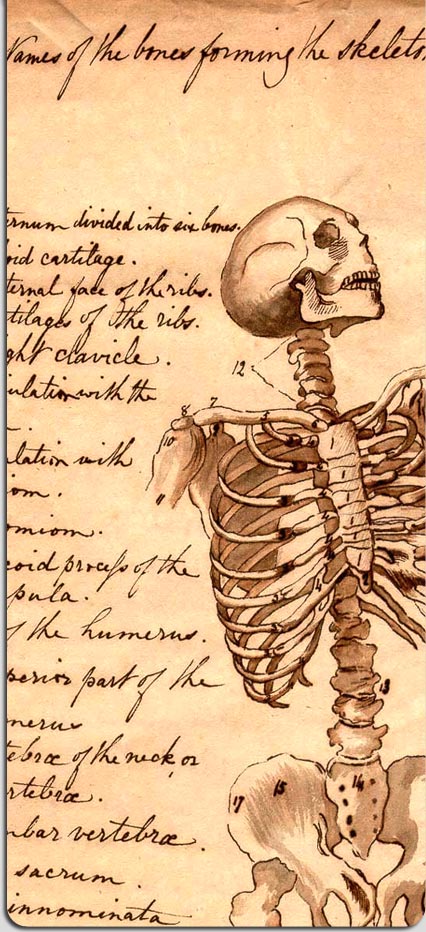Culture Versus Culture
One of our national pimples is coming to a head, and it’s pitting those that understand medicine against those that don’t. The former group understands that there’s never a free lunch; that you don’t get something for nothing; that everything in medicine is a trade-off between risks and benefits. The latter group expects a perfect pill for every disease (or even just a pill for every disease).
An attending that I’ve really come to respect over the past weeks made a similar comment out of the frustration with Mexican immigrant family. The boy in the family wasn’t taking his anti-seizure medication regularly (which is important, both because it prevents seizures, which can be dangerous to the patient, and because it’s dangerous to quit an anti-seizure medication cold turkey). My attending, himself an immigrant, said “there was a cultural problem,” but I now think I see what he means.
Until we develop the perfect pills and vaccines and surgeries without any risks, side effects, or complications, everyone must understand this simple fact: everything in medicine is a trade-off between risks and benefits . We do our best to minimize these risks and maximize these benefits as physicians–by doing research to discover which drugs work better and which operations are safer, but even we cannot prognosticate. Leave that to the groundhogs . We can tell you with X percent certainty that a drug will work, or that Y percent of patients will have an infection after surgery, but right now, we don’t know which people are which, in most cases.
That’s the tough part about medicine: we do all this research and publish all this crap to do our best to predict the future; we’re the ultimate in control freaks. We want a good outcome for our patients, so we study and crunch numbers to try to have more control over the outcome, but nothing’s for certain. Life’s precious and fragile. We’re doctors, not miracle workers.
Now, this is no blame-free mantra. As physicians, we must make sure patients understand the above simple fact. But we must also provide them with as much information as possible, in as easy to understand format as possible. And, as we have learned from the Vioxx disaster, we must not allow any possible risks that are known to be hidden. I’ve spoken with several patients in chronic pain with stomach problems (the only group Vioxx should have been targeting) who say that they’re very upset Vioxx was taken off the market: it was the only drug that helped them. They said they were willing to take the risks of Vioxx; it should be each person’s choice.
